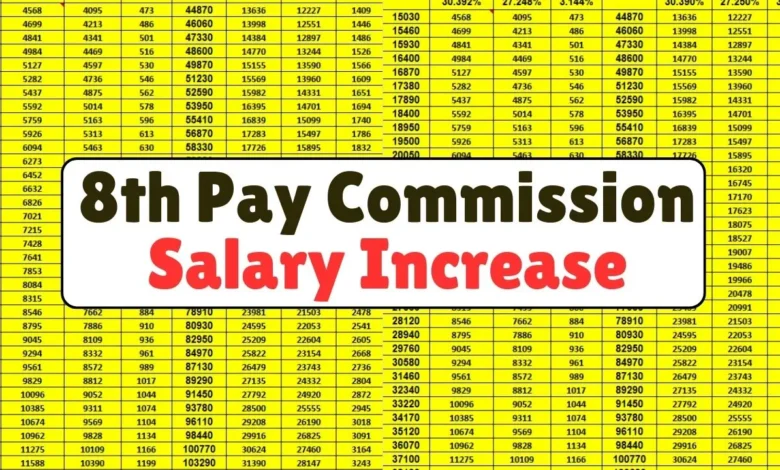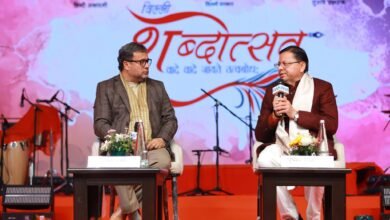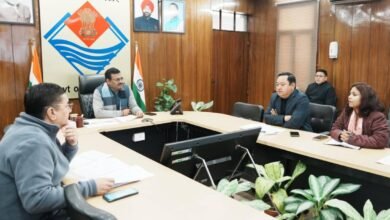
New Delhi – The Government of India has initiated the groundwork for the much-anticipated 8th Pay Commission, which is likely to bring a substantial increase in salaries, pensions, and allowances for central government employees and pensioners starting 1st January 2026. A recent notification from the Finance Ministry, dated 17 April, confirms that 35 new appointments have been approved to support the commission’s functioning, marking the formal beginning of the process.
Massive Impact on Over 1.16 Crore Beneficiaries
This upcoming revision is expected to benefit 47.85 lakh employees and 68.62 lakh pensioners, totaling more than 1.16 crore beneficiaries. The government is reportedly calling for nominations of eligible officers from various departments for deputation, as per DoPT rules.
Fitment Factor Likely to Be Raised to 2.85
At the core of this expected revision lies the fitment factor — the multiplier used to revise the basic salary. While the 7th Pay Commission had a fitment factor of 2.57, sources indicate that the 8th Pay Commission may raise it to 2.85. This could lead to a substantial hike in monthly pay packages. For instance, an employee with a basic salary of ₹50,000 could see their new basic rise to ₹1,42,500, and with HRA and other allowances, their gross monthly salary could touch ₹1,57,500.
DA Merger and Simplified Pay Structure Under Discussion
There are also strong indications that the government is considering merging the Dearness Allowance (DA) into the basic salary. This would not only simplify the overall salary structure but also affect other allowances such as House Rent Allowance (HRA) and Travel Allowance (TA), aligning them with the revised figures.
Focus on Pension Reforms and Timely Disbursal
In addition to serving employees, the commission is also likely to focus on improving pension systems. Proposed changes may include enhancements in pension amounts and mechanisms to ensure timely disbursement to retired individuals, addressing long-standing demands from pensioners’ associations seeking parity with serving staff.
The commission’s recommendations, once finalized and approved, will be implemented from January 2026, with possible arrears being paid accordingly. This move signals a significant shift in employee welfare and economic policy for India’s central government workforce.



